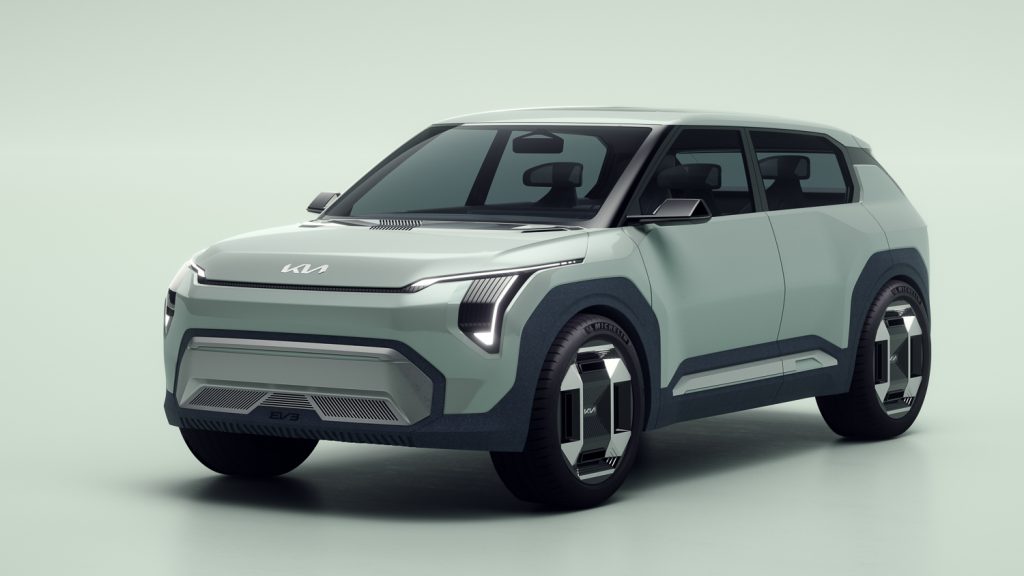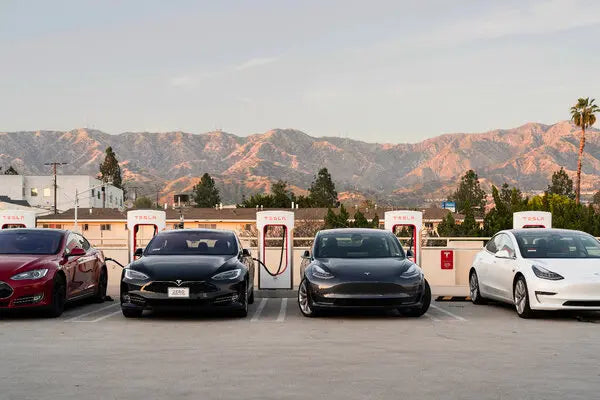Introduction: Why Battery Anxiety Persists
Concerns about electric vehicle longevity still discourage many potential buyers. The biggest fear centers on the battery: Will it fail early, and how much will it cost to fix?
These worries stem from devices people use every day—smartphones and laptops that noticeably degrade after just a few years. But EVs are built with far more advanced systems, and new data shows the comparison simply doesn’t hold.

EV Batteries Are Far More Reliable Than You Think
New analysis from Recurrent, a company that tracks EV battery health using large-scale telematics data, reveals a clear trend: modern EV batteries almost never fail.
According to Liz Najman, Recurrent’s director of market insights, true battery failures are uncommon. Manufacturing defects can occur, she noted, but for the vast majority of vehicles already on the road, “there’s not really a major concern” about needing a full replacement.
To estimate real-world replacement frequency, Recurrent evaluates irregular jumps in driving range and self-reported service events across thousands of EVs. The results are reassuring: fewer than 4% of owners have ever needed a battery replacement, excluding major recall campaigns like those for the Chevy Bolt and Hyundai Kona.
How Battery Reliability Has Improved by Generation
Second-Generation EVs Mark a Major Turning Point
Recurrent’s data shows a clear pattern across EV generations. Older EVs are more likely to need replacement because they used early-stage technology and lacked the durability of newer systems.
-
2011–2016 models: Vehicles like the first-generation Nissan Leaf show an 8.5% replacement rate. Early designs sometimes lacked advanced thermal management, accelerating degradation.
-
2017–2021 models: Technology advanced rapidly. Improved cooling systems and more sophisticated battery architectures reduced the replacement rate to just 2%, excluding recall-related swaps.
-
2022 and newer: The latest EVs have a strikingly low 0.3% replacement rate, and nearly all issues are tied to manufacturer defects, not normal wear.
Najman emphasizes that newer models benefit from superior thermal control, more efficient software, and smart features like battery preconditioning before fast charging. These enhancements significantly reduce stress on the battery over its lifetime.
Why Modern Batteries Last So Much Longer
Recent EVs use robust liquid-cooling systems that maintain stable temperatures and protect cells from extreme heat or cold. Preconditioning systems now automatically prepare the battery for optimal charging, reducing unnecessary cycling.
Automakers have also refined pack design, chemistry, and safety management. As Najman puts it, “OEMs have really figured out how to keep lithium-ion batteries safe and happy.”
Thanks to these advancements, Recurrent expects new EVs to operate reliably for at least 15 years without major issues.
What Happens If a Battery Actually Fails?
While worst-case replacement costs for out-of-warranty vehicles can reach $10,000–$20,000, most drivers never face such expenses.
Key protections include:
-
Manufacturer warranties: Required minimum coverage is 8 years or 100,000 miles for batteries that lose at least 30% of their capacity.
-
Defect coverage: Early-life failures are typically handled at no cost to the buyer.
-
Falling battery costs: Pack prices have dropped dramatically over the last decade and continue to decline as production scales. Future replacements will likely be significantly cheaper and less disruptive.

Conclusion: Battery Worries Shouldn’t Hold Back EV Buyers
The data is clear: modern EV batteries are engineered for long-term durability, and failure rates are extremely low. With improved technology, stronger warranties, and declining costs, the fear of expensive battery replacements is increasingly outdated. For most buyers, the battery will last longer than the rest of the vehicle.
Recommend Reading: How Much Does It Cost to Replace a Tesla Battery in 2025?








Partager:
2026 Jeep Recon: A New Benchmark for Electric Off-Road SUVs
Porsche’s New Cayenne Electric Redefines the High-End EV SUV